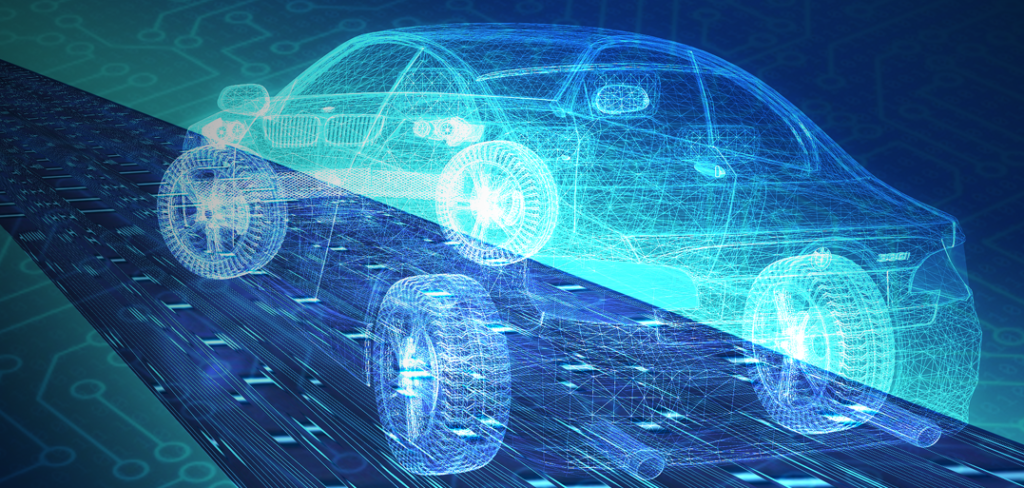Recently, it was reported here (https://www.autonomousvehicleinternational.com/news/mobility-solutions/could-autonomy-increase-emissions.html) that any benefits in efficiency that autonomous vehicles might realize over piloted ones could be negated by the additional energy consumption required to operate onboard systems. Now, a team at Carnegie Mellon University in Pennsylvania has published a paper in Nature, titled Trade-offs between automation and light vehicle electrification, which counters this suggestion.
The argument is that, although self-driving cars may use more energy than people-driven cars to power sensors and computers for safe navigation, they drive more smoothly than humans do, which would reduce energy use.
An overall increase in energy usage would reduce driving range, requiring more frequent charging and causing faster battery degradation. As many fear EVs have a shorter range than gas cars, some believe an electric autonomous vehicle cannot exist.
“We want to know if automation will affect the range so much that we cannot have electric and automated vehicles together in one car,” said Shashank Sripad, a PhD candidate in mechanical engineering and one of the paper’s authors. “We wanted to quantify the trade-offs between the two.”
Using a vehicle dynamics based model, the paper’s authors estimated the energy demands of self-driving cars to discover how much power is needed for safe autonomous driving. They took into account any extra drag from automation technology and the smoother driving of computer control.
While they did find a decrease in driving range, it wasn’t significant enough to eliminate the possibility of electric-powered autonomous vehicles. It was, however, greater in cars that used protruding sensors that increased drag.
“We find that design choices with respect to energy-efficiency of computing hardware and aerodynamic design of sensors will decide if the two revolutions of electric and autonomy are in sync,” said Venkat Viswanathan, an associate professor in mechanical engineering and co-author of the paper.
Next, the researchers say they will investigate how drivers view the decreased range. While consumers value longer driving ranges, they might also value the luxury of not having to drive.
“Future work must assess whether this loss in range is so significant that consumer preferences will be impacted,” said Parth Vaishnav, an assistant research professor in engineering and public policy and co-author of the paper.


